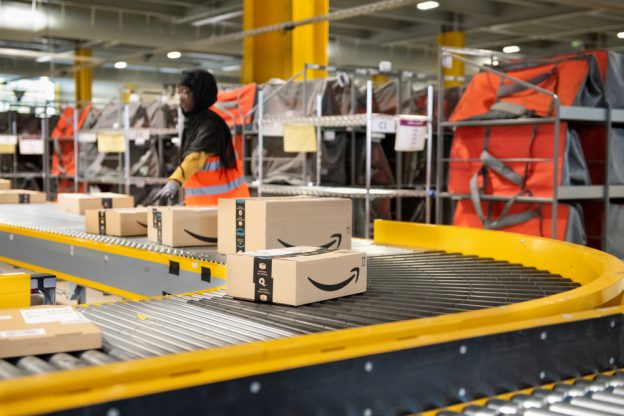by: Matthew Daly
Amazon.com Inc., the nation’s second largest employer, is set to face its fiercest labor battle since the company’s formation in 1994. Thousands of employees at an Alabama warehouse will cast their votes to decide whether they will unionize, something that has been attempted but never materialized in the company’s recent history. However, labor experts have argued that this effort has been more successful than previous unionization movements by Amazon workers.
The Retail, Wholesale, and Department Store Union (RWDSU) has led the pro-Union campaign along with local organizers to rally the workers. They were a critical voice in the backlash against the opening of a second Amazon headquarters in New York City in 2018. This Union push could inspire similar efforts at Amazon facilities across the country.
Amazon’s commercial presence grew exponentially with the increased demand for online purchases during the COVID-19 pandemic. This necessitated an increased workload for many Amazon employees to meet the surge in orders to fulfill. According to the RWDSU, the common issues that have emerged amongst Amazon employees have been the increased workload and the company’s monitoring of employees. This includes Amazon’s use of cameras and other devices to track the movement of employees during their scheduled shifts. This has been an issue that stems prior to the pandemic and has been exacerbated with the increased workload which workers feel should excuse them from this oversight.
Local organizers along with the RWDSU have collected thousands of signatures from Amazon employees showing support for an election to unionize. The election will move forward, and voting will take place throughout February and March of 2021. In preparation, Amazon hired a law firm specializing in countering organizing efforts and created a website arguing that employees already receive the pay and benefits that a union would fight for. Because of this, they urge the employees to vote no and avoid the cost of dues.
If the results are in favor of a Union, workers would not be required to join or pay dues. Whether union representation will change work conditions remains to be seen.
